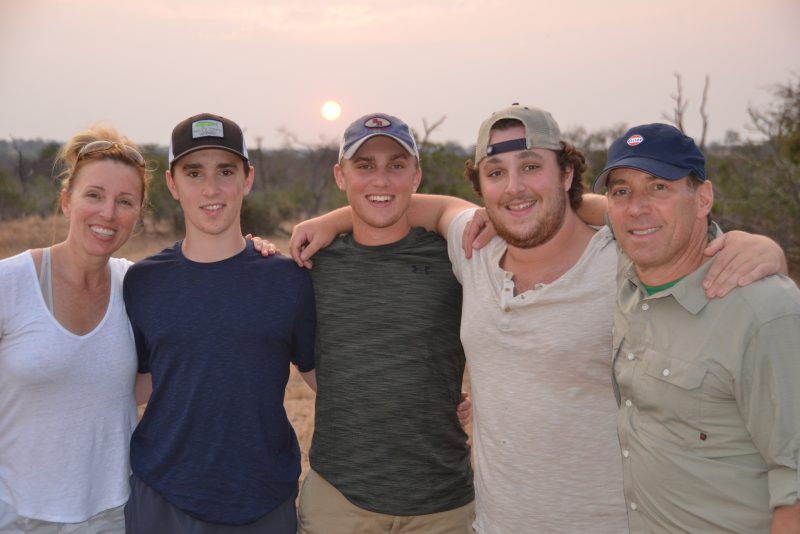
“I felt the pain as if someone had literally ripped open my chest, like if you had a piece of duct tape stuck inside your chest, and someone ripped it off,” Stuart recalls, 11 years later. “I knew immediately that something was wrong.”
Less than a year before, Stuart had learned he had a genetic defect in his aortic valve. So, as he headed to the nearby hospital, Stuart stayed on the phone with his New York-based cardiologist, who told Stuart to hand over the phone to the first health care worker he saw upon arrival.
A CT scan at the local hospital revealed a dissecting aorta, which led Stuart to be rushed by ambulance to Royal Columbian, the health region’s emergency room for the heart.
Royal Columbian cardiac surgeon Dr. Shahzad Karim says Stuart had a life-threatening injury with a survival rate that decreased by the hour.
“You have to replace that segment of that aorta, which is where the tear has occurred,” Dr. Karim explains. “We remove and replace the segment that is likely to rupture and could be life-threatening.”
As the OR team prepared for surgery, Dr. Karim briefed Stuart’s wife by phone. The couple were able to have a brief conversation before Stuart went in for surgery.
His valve was replaced with a mechanical valve, while a section of the aorta was replaced with a polyester composite material called Dacron, during a surgery that typically takes four to six hours.
“We have to stop the blood flow through the aorta, otherwise it would have been impossible to operate,” explains Dr. Karim. “In order to do that safely, we have to cool their bodies down and then shut off blood flow to the brain, which allows us to take that segment out and work quickly to replace it.”
Following surgery, Stuart stayed in hospital for about a week, including a day in intensive care.
“The care of the team was phenomenal,” Stuart says. “The nurses, the doctors, the therapists, everybody was stellar.”
A week later, Stuart was able to fly back to New York to his family, which included, at the time, his three pre-teen children. Years later, he remains grateful for his care.
“I know that I got a second chance in my life, and I did not want to give up the opportunity that it provided to spend time with my family and change my priorities,” says Stuart, who has also donated to Royal Columbian Hospital Foundation. “I can unequivocally say that Dr. Karim and the team there saved my life.”
